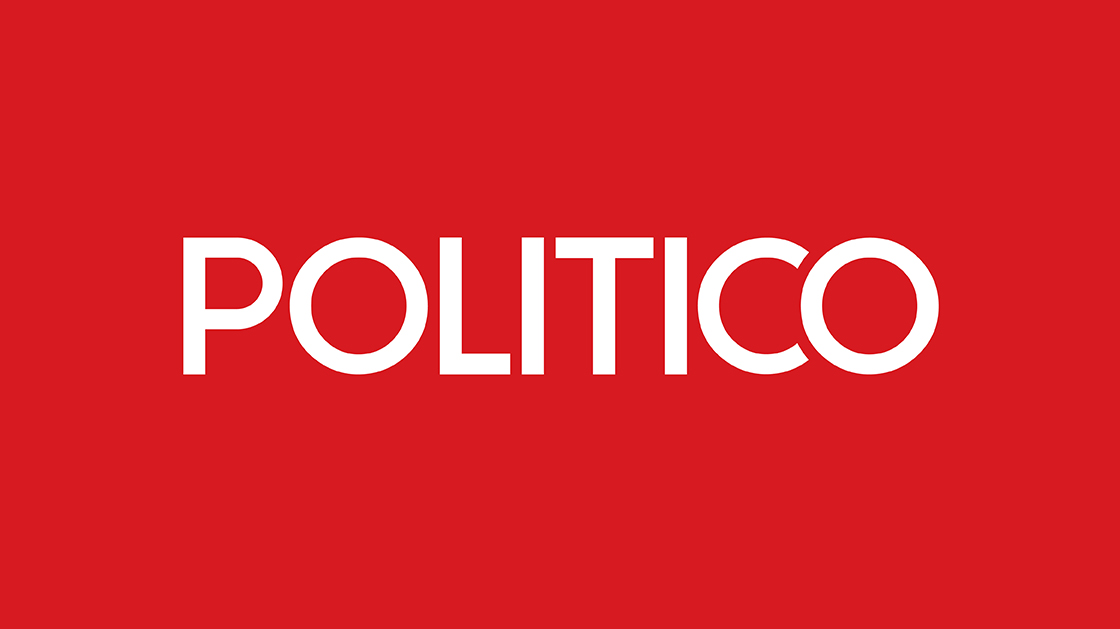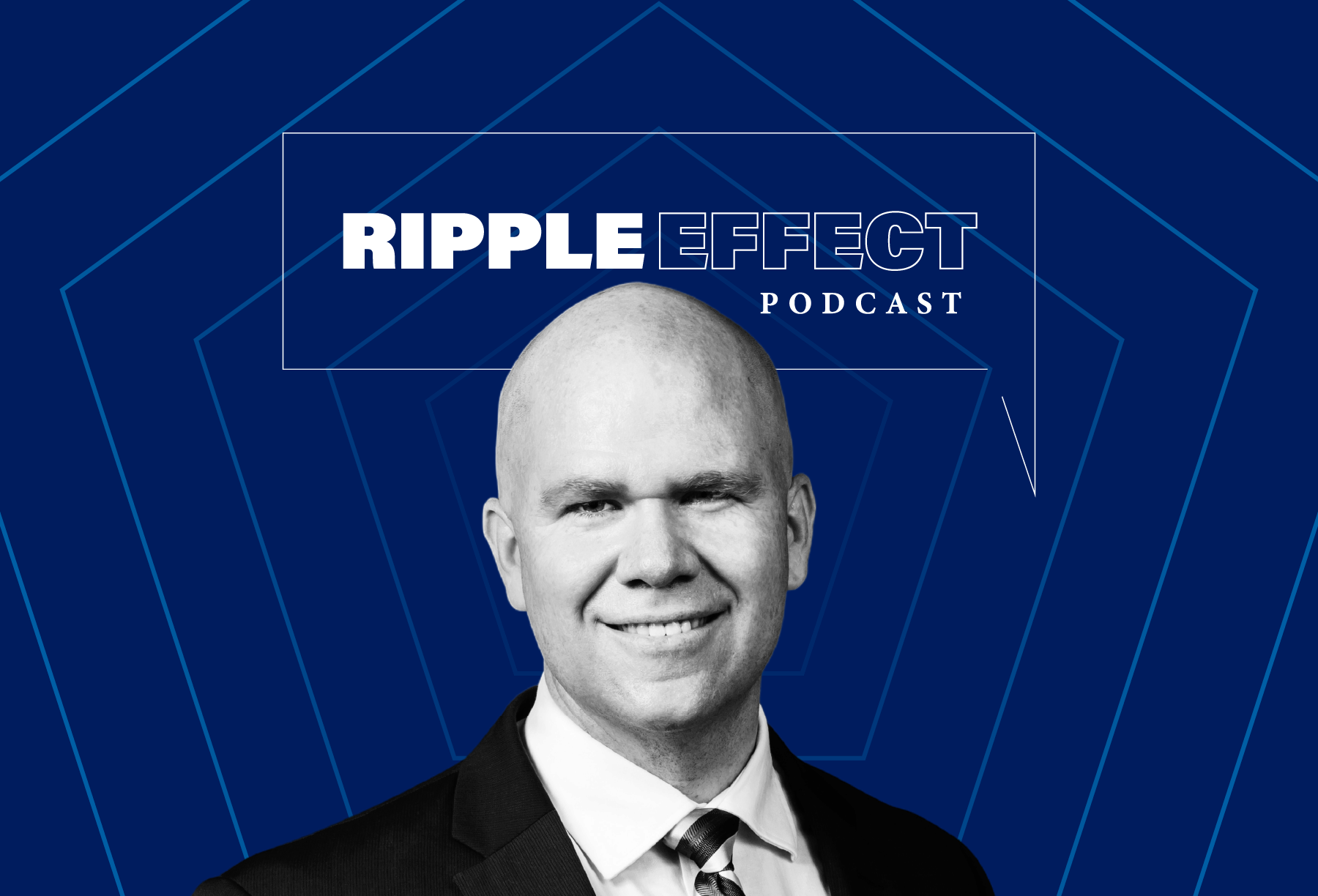The Senate Finance Committee is under intense scrutiny as it works to finalize its section of the GOP’s sweeping fiscal package. Originally expected to release its work this week, the committee’s efforts have been delayed to address complex issues such as the higher cap for state and local tax deductions and the phase-out of green energy incentives, which are pivotal for securing House approval.
Finance Chair Mike Crapo (R-Idaho) is at the center of these high-stakes negotiations, tasked with crafting a tax section that meets the concerns of Senate colleagues while maintaining the fragile accord in the House, where the fiscal package passed by a narrow margin. This isn’t Crapo’s first rodeo, having navigated tough negotiations before, but the current stakes are particularly high given his long tenure in Congress.
The committee is expected to require additional time to develop a tax section, with Crapo beginning briefings for Senate GOP colleagues by mid-week. He remains tight-lipped publicly about the committee’s direction on key issues as he works on a tax package focused on extending parts of the Trump tax cuts and other tax relief measures.
Crapo’s history of impactful decisions is evident from past actions, such as quashing a bipartisan tax bill last year that had broad support. His stance against the 2024 bipartisan agreement has affected current negotiations, particularly regarding incentives for businesses. Crapo aims to permanently restore several business incentives that have expired or are phasing out, a position shared by many Senate Republicans.
The absence of the previous year’s bipartisan deal complicates the financial math for enacting immediate research write-offs, full expensing for capital investments, and a more generous interest deduction. These measures could have been easier to implement if last year’s agreement had been in place, as it would have already reinstated these tax breaks.
While the current policy baseline is uncertain with House deficit hawks, having these business incentives already in place would mean extending them might not impact the baseline financially, compared to a half-trillion-dollar cost otherwise. Republicans are now debating the budget implications and economic benefits of making these provisions permanent.
Advocates for these business incentives remain optimistic about Senate Republicans finding a way to make them permanent. Crapo’s previous victories include opposing last year’s Child Tax Credit expansion, arguing it reduced work incentives. The 2025 tax bill proposes a CTC expansion more aligned with Crapo’s preferences, focusing benefits on middle-income earners.
This proposal has faced criticism from advocates for lower-income individuals, who argue it excludes those who need the child credit most. Research from the Center on Poverty and Social Policy at Columbia University highlights that a standard family would need to earn significantly more to receive the full CTC under the House GOP bill.
External advocates continue to push Republicans for a more generous CTC, with figures like Vice President JD Vance and Sen. Josh Hawley calling for substantial expansions. The National Baptist Convention of America and Jabez Ministries have issued letters urging GOP leaders to focus on helping lower-income families.
The mortgage interest deduction, once a contentious issue, has seen less debate this year. The Trump tax cuts reduced the deductible mortgage amount, and recent analysis suggests further cuts could raise significant revenue. For instance, eliminating the deduction for second homes could generate over $100 billion in a decade.
Note: This article is inspired by content from https://www.politico.com/newsletters/weekly-tax/2025/06/09/when-will-finance-produce-00394122. It has been rephrased for originality. Images are credited to the original source.







